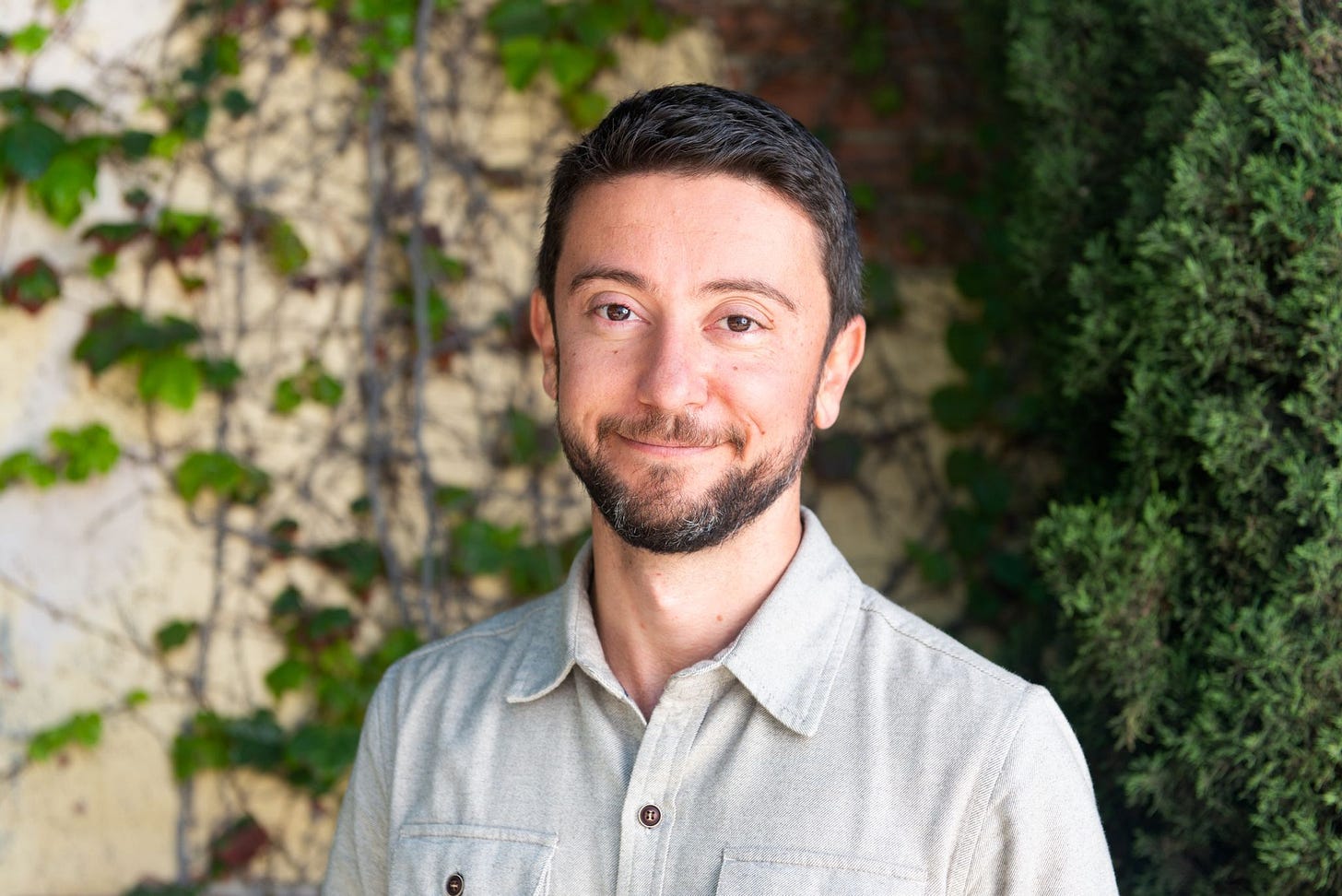Anchor List: Lenny Rachitsky, Former Product Lead at Airbnb
The Anchor List recognizes extraordinary operators in the startup ecosystem. Learn more at anchorlist.com
In our highlight reel of our previous Anchor List honorees, Lenny Rachitsky deserves special mention for his work leading product for the supply side at Airbnb.
“Always be asking yourself: What problem is this solving? What job is this doing for them? Is this just a novelty, or a real solution to a real problem?’” -Lenny Rachitsky, Product Lead for Supply Growth at Airbnb
Lenny first arrived at Airbnb when the housing rental unicorn bought his former startup, Localmind, in 2012. He spent seven years on initiatives such as leading supply growth (i.e. getting more housing & hosts), improving booking conversion, and building the company’s community platform, before recently transitioning to life as a full-time writer, angel investor, and advisor on product, growth, and leadership.
Reflecting on his time at Airbnb, Lenny’s expertise in team assembly and leadership stand out, in part because so many members of Airbnb’s early product team have since become successful founders and VCs in their own right.
When it comes to hiring, Lenny has found the best PMs have data skills, persuasion/influence abilities, and can create strategic frameworks. He would also recommend not focusing too much on flashy online people, as they “are not necessarily the best at what they do. The best people are heads-down, doing the work, and don’t have time to build a brand.”
Since Airbnb is so large, creating a successful product requires navigating internal politics. Lenny recommends approaching these problems with a realpolitik-like methodology. As he suggests:
“On average, focus around 80% of efforts on immediate business goals (e.g. growth) and 20% on longer-term, bigger risk, less-immediate returns. It’s essential—especially at bigger companies—to create cover for your team with short-term incremental wins in order to smuggle (i.e. keep alive) the longer-term risky bet that you’re working on in parallel.”
For Lenny, this strategy paid off. In shifting the Airbnb marketplace to instant bookings, for example, Lenny led his team on a 2.5-year endeavor through a large amount of internal resistance. At the outset, only 5% of Airbnb’s bookings were instant, with more than half of guest bookings rejected or ignored by hosts. At the end of their quest, more than 80% of Airbnb’s bookings were instant, and successful guest conversion had increased from less than 50% to more than 80%.
Reflecting on this success, Lenny highlights the importance of breaking down complicated problems into easily-communicable levers and rallying the team around a single cohesive vision. Since the shift was internally unpopular (as many other teams were fearful that instant bookings would harm “the magic of Airbnb”), much of Lenny’s success also came from mollifying external stakeholders and employees on other teams.
Reflecting on Lenny’s achievements with Airbnb, we’re particularly impressed by his ability to navigate human challenges and people puzzles. Despite the obstacles from hosts, guests, and colleagues, Lenny remained grounded and goal-oriented toward product improvement. This elegance of thought and action is still notable in his new incarnation as a full-time writer. As he puts it, “90% of a product’s success comes from simply creating value for people. The more time and effort you spend on your product—whether it’s a newsletter post or a software startup—the more value you end up delivering, and the better it ends up doing.”
If you’d like to learn more about how Lenny thinks about product management, check out his fantastic newsletter here.




